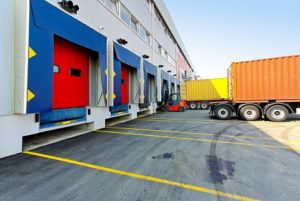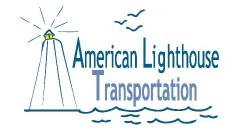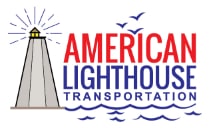 Successful shipping requires knowledge of the essential documents and types of freight terms. This type of knowledge will save your business a lot of confusion and time. There are terms used in freight shipping that might befuddle those without shipping experience. In this post we would like to list a few freight shipping terms that seem to be asked most often…
Successful shipping requires knowledge of the essential documents and types of freight terms. This type of knowledge will save your business a lot of confusion and time. There are terms used in freight shipping that might befuddle those without shipping experience. In this post we would like to list a few freight shipping terms that seem to be asked most often…
Inbound Freight
Inbound freight is defined as a shipping charge for delivering products to your departments. It defines a shipment that comes from a vendor to a business.
Outbound Freight
Outbound on the flip side is sending materials from a central location to other facilities.
LTL Freight
Less-than-truckload shipping or less than load is the transportation of relatively small freight. The alternatives to LTL carriers are parcel carriers or full truckload carriers. Parcel carriers usually handle small packages and freight that can be broken down into units less than 150 pounds.
Flatbed Hauling
Flatbed shipping is transportation for cargo that may not require the enclosure of a dry van, cannot be loaded or unloaded from a dock or does not fit within the dimensions of standard truck trailers. A flatbed’s design allows for cranes and forklifts to load goods from all angles.
Bill of Lading (BOL)
BOL stands for Bill of Lading, which is the document that typically serves as a contract between the shipper and carrier. In this document , all aspects of the freight shipment( what is being shipped, to whom and more) are carefully described.
Progressive Rotating Order (PRO)
An acronym for progressive rotating order; it is a 10-digit number assigned to each shipment and is a tracking number and a YRC Freight invoice number.
Who Is a Carrier In Shipping?
Shipper is the person or company who is usually the supplier or owner of commodities shipped. Also called Consignor. Carrier is a person or company that transports goods or people for any person or company and that is responsible for any possible loss of the goods during transport
What is Bulk Freight?
Bulk freight/cargo is commodity cargo that is transported unpackaged in large quantities. It refers to material in either liquid or granular, particulate form, as a mass of relatively small solids, such as petroleum/crude oil, grain, coal, or gravel.
What is Blind Shipment?
A blind shipment is when a third party controls the movement of the freight but does not want the shipper or consignee to know the name of the other. Two bills of lading are required and both must be prepaid.
What is a Back Haul?
A back haul, as it relates to trucking and logistics, is the return trip of a commercial truck that is transporting freight back over all or part of the same route it took to get to its current location. Both freight brokers and motor carriers rely heavily on one another when it comes to back hauls.
What is Cartage?
Cartage is a term meaning the transportation of goods over a short distance, such as within a commercial area or town. Cartage freight companies are widely used for light hauls or local carting services that are not covered by our carriers’ services.
Full Truckload (FTL)
Full truckload, commonly referred to as FTL, is a type of shipping mode whereby a truck carries one dedicated shipment… For shipments that are large enough to fill or nearly fill an entire shipping container, full truckloads work out cheaper. Full truckloads are much less encumbered by size and weight restrictions.
What is Intermodal Transportation?
Intermodal freight transport involves the transportation of freight in an intermodal container or vehicle, using multiple modes of transportation, without any handling of the freight itself when changing modes.
Contact Us (859) 824-4177 for more information or to get a quote!
—
 About American Lighthouse Transportation
About American Lighthouse Transportation
American Lighthouse Transportation has been serving shippers with honesty and integrity throughout the United States, since 1998. You can depend on our experienced and knowledgeable management team, drivers, and support for all your shipping needs. We communicate effectively to make sure your shipment arrives safely, accurately, and on-time! You can count on us for personalized customer service, expert guidance, accurate anticipation of potential setbacks, and possible workarounds and solutions.
>> Learn More
